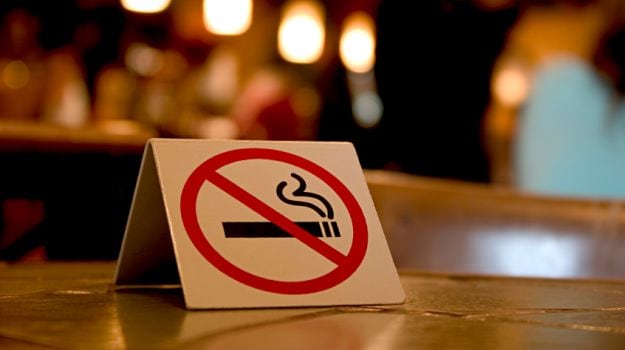Smoking is believed to be 10% physical addiction and 90% psychological addiction.
The nicotine withdrawals usually subside in three days or less, but the psychological dependency on smoking is much more difficult to defeat. In order to help you quit smoking, you need to do a self-analysis on the reasons you smoke and the reasons on why you want to quit smoking.
The easiest way to do this is to make a list.
Label one column on why you started smoking and the other column on why you want to quit smoking. In column one, list all the reasons you can remember as to why you started smoking. Was it peer pressure? Rebellion? Did you think it made you look cool? Did it make you feel like a grown-up? Really, try to remember the exact reasons why you started smoking and write them all down. Now review your list of reasons why you smoke. Do any of those reasons still apply in your life today? More than likely the reasons you started to smoke does not apply to the reasons you smoke today. If you are like most people, you will see that your reasons for becoming a smoker are no longer valid, are often just silly, and are easily outweighed by the risks to your health and your family’s well-being.
Now write a list on why you want to quit smoking.
This one may seem obvious, but it can be a bit deceiving. You really need to take some time and think hard about this. Do not just list the obvious health reasons. You have been reading the Surgeon General’s warnings for years with little effect, so you need to come up with reasons that truly have meaning for you.

The most common reasons that people to quit smoking are:
Certainly the list above are good reasons to quit, but the truth is, is that they are possibilities and not specifics. For example, sure, you might get lung cancer, you might have a heart attack or a stroke, and you might die young and miss seeing your grandchildren grow up, or you might not!
The bottom line is that you are not going to break a psychological addiction based on what might happen to you if you continue to smoke. Your addiction to nicotine will work hard to convince you that it will not happen to you. The alternative is to list health problems that you are experiencing now. Your list should point out things in your life that you are actively unhappy about and are STRONGLY MOTIVATED to change. In order to break your psychological addiction, you need a battery of new thoughts and desires that are stronger than your desire to smoke!
Health Reasons
Vanity Reasons

